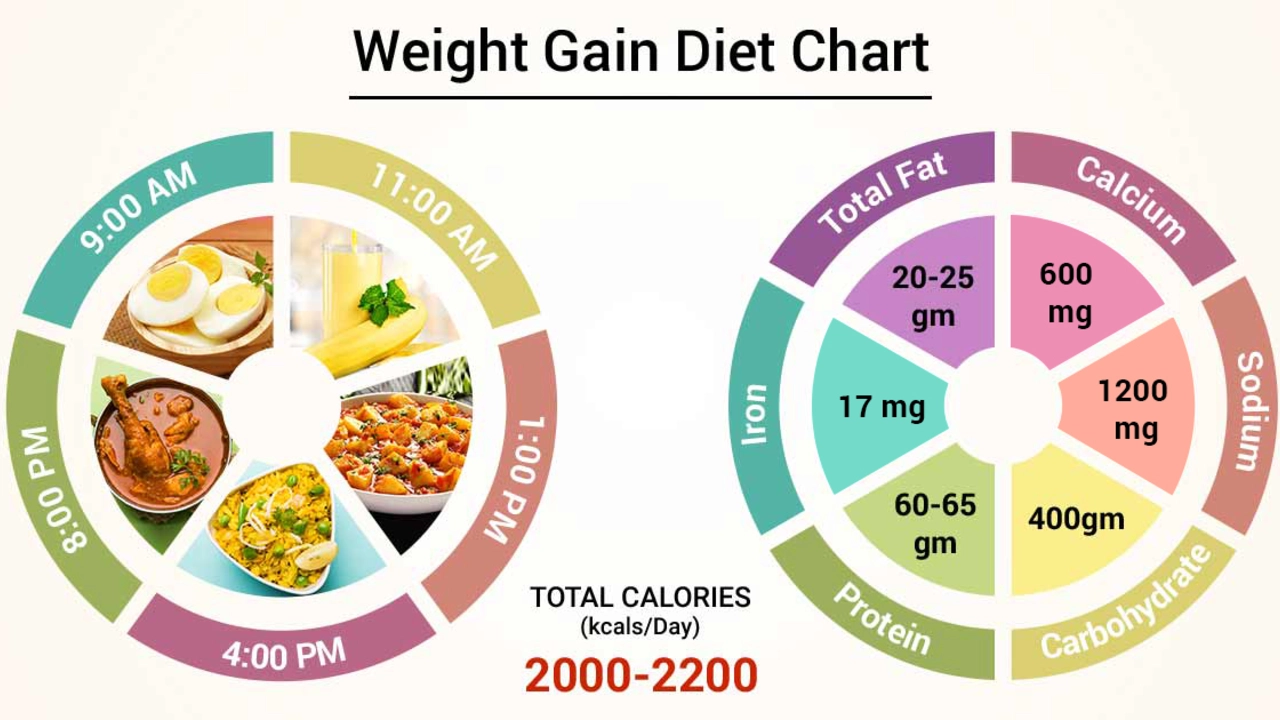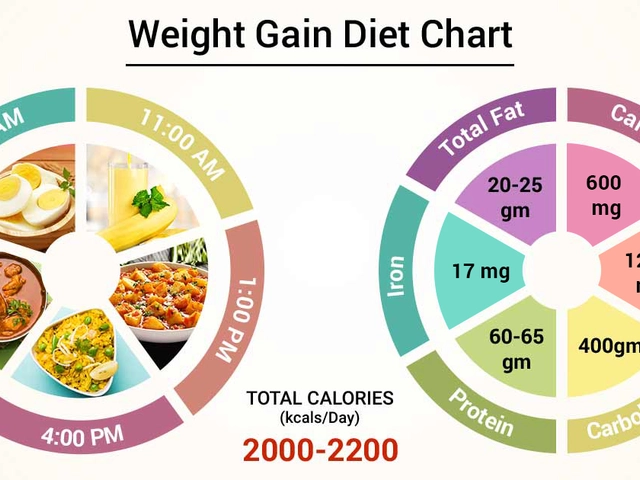Understanding Stomach Ulcers
Before we delve into the connection between stomach ulcers and weight loss, it’s important to understand what stomach ulcers are. Also referred to as gastric ulcers, stomach ulcers are painful sores that develop in the lining of the stomach. They're a type of peptic ulcer, which also includes duodenal ulcers that occur in the first part of the small intestine.
Stomach ulcers occur when the thick layer of mucus that protects your stomach from digestive juices is reduced, allowing the digestive acids to eat away at the tissues of the stomach lining. This can be caused by a variety of factors including infection with the bacterium Helicobacter pylori (H. pylori) and long-term use of nonsteroidal anti-inflammatory drugs (NSAIDs).
The Link Between Stomach Ulcers and Weight Loss
Now, let’s explore the connection between stomach ulcers and weight loss. Stomach ulcers can lead to weight loss due to the discomfort and pain they cause. This discomfort can reduce a person's appetite, leading them to eat less than usual. Furthermore, stomach ulcers can interfere with digestion, leading to malabsorption of nutrients which can also contribute to weight loss.
In some cases, the weight loss might be unintentional and rapid. This can be a serious concern as it might indicate a more severe underlying health condition. If you're experiencing unexpected weight loss along with other symptoms such as severe stomach pain, you should seek immediate medical attention.
Symptoms of Stomach Ulcers
Recognizing the symptoms of stomach ulcers is crucial for early diagnosis and treatment. The most common symptom is a burning stomach pain which can vary from mild to severe. Other symptoms might include bloating, heartburn, nausea or vomiting, and dark or black stools or vomit.
It's also worth noting that sometimes, stomach ulcers can occur without noticeable symptoms. This is more common in older adults. Therefore, regular check-ups are essential, especially if you have risk factors such as a family history of ulcers or long-term use of NSAIDs.
Treating Stomach Ulcers
The treatment for stomach ulcers depends on the cause. For instance, if your ulcers are caused by an H. pylori infection, your doctor will likely prescribe a combination of antibiotics to kill the bacteria. If your ulcers are linked to the use of NSAIDs, your doctor might reduce your dose or switch you to a different medication.
Additionally, your doctor might recommend medications to block or reduce stomach acid. These can help protect your stomach lining and give your ulcer time to heal. Lifestyle changes such as quitting smoking, reducing alcohol consumption, and managing stress can also be beneficial.
Stomach Ulcers and Diet
While there's no specific diet for stomach ulcers, certain dietary changes can aid in the healing process and prevent further damage. For example, it's recommended to eat smaller, more frequent meals as this can help reduce the production of stomach acid.
Also, avoid foods that can trigger your symptoms such as spicy foods, caffeinated drinks, and alcohol. On the other hand, foods rich in antioxidants like fruits and vegetables can help fight H. pylori bacteria and promote healing.
Preventing Stomach Ulcers
Prevention is always better than cure. To reduce your risk of developing stomach ulcers, avoid long-term use of NSAIDs, limit alcohol consumption, quit smoking, and manage your stress levels. Regular exercise and a healthy diet can also play a crucial role in preventing ulcers.
If you're already diagnosed with an ulcer, follow your treatment plan diligently and attend all follow-up appointments. This can help prevent complications and promote faster healing.
When to Seek Medical Attention
If you suspect you have a stomach ulcer, it's important to seek medical attention as soon as possible. Ignoring the symptoms can lead to complications such as internal bleeding, infection in other parts of your body, and even stomach cancer in rare cases.
Remember, unexpected weight loss, severe stomach pain, and black or bloody stools or vomit are all warning signs that require immediate medical attention.
Conclusion
In conclusion, stomach ulcers can indeed cause weight loss due to the pain and discomfort they cause. However, with the right treatment and lifestyle changes, you can manage your symptoms and promote healing. Remember, early diagnosis is key, so don't ignore any unusual symptoms and seek medical attention promptly.




Comments
Hey folks, just wanted to share that I’ve seen a lot of people panic when they read about ulcers causing weight loss, but it’s actually a good reminder to listen to our bodies. When the stomach hurts, the appetite naturally drops, and that’s your brain’s way of telling you to slow down. If you’re battling an ulcer, think of each meal as a gentle friend rather than a chore-small, frequent bites can keep the acid at bay. Pair that with stress‑relief activities like a short walk or a quick meditation, and you’ll notice a steadier mood and maybe even a steadier scale. Remember, healing is a marathon, not a sprint, so stay kind to yourself.
While the article provides a comprehensive overview, it fails to emphasize the critical distinction between ulcer‑induced anorexia and pathological cachexia. The omission of quantitative data on average weight loss percentages undermines its clinical utility. Moreover, the recommendation to “eat smaller, more frequent meals” lacks citation from gastroenterological guidelines. Such oversights suggest a superficial treatment of a complex medical condition. Future revisions should incorporate peer‑reviewed evidence to substantiate therapeutic suggestions.
Oh man, I felt like I was watching a soap opera when I first got the ulcer pain-my stomach was on fire, my diet went out the window, and the pounds started disappearing like magic! The drama of an ulcer isn’t just in the pain; it’s the whole body rebelling against you. I was up at 3 am, staring at the ceiling, wondering if I’d ever feel normal again. Trust me, the weight loss hit harder than any diet plan I ever tried. It’s a wild ride, but you survive the storm.
Contrary to popular belief, not every ulcer patient experiences noticeable weight loss, especially when the lesion is confined to the gastric corpus and does not affect gastric emptying. Empirical studies show that a subset of patients maintain stable body mass despite chronic dyspepsia. Therefore, attributing weight loss solely to ulcer presence can be misleading without corroborating diagnostic metrics. It is essential to assess each case individually rather than rely on generalized assumptions.
I completely understand how unsettling it feels when the scale starts shifting without you planning to diet. Ulcers can make every bite feel like a gamble, and that anxiety often suppresses appetite even more. It’s important to keep a gentle eye on your nutrition, choosing soothing foods like oatmeal or plain rice that won’t aggravate the lining. Staying hydrated with non‑acidic liquids can also help your body process nutrients more efficiently. If you notice a rapid drop in weight, reach out to a healthcare professional-early intervention can prevent complications. Meanwhile, try mindfulness techniques before meals to calm any lingering stress that might be worsening the pain. Remember, you’re not alone in this; many have navigated the same storm and emerged stronger. Your body is signaling a need for care, and honoring that signal is the first step toward recovery.
The medical establishment conveniently downplays the role of dietary toxins in ulcerogenesis, ignoring the elite knowledge of gastro‑protective phytochemicals. Their omission is deliberate.
Ulcers are more than just a painful spot in the stomach they are a signal from your body that something is out of balance the lining is being eroded and the body reacts by reducing appetite this leads to weight loss even if you are trying to eat normally the pain can make you avoid meals altogether the stress hormones released during chronic pain can also increase metabolism and break down muscle tissue the combination of reduced intake and higher metabolic demand accelerates the loss of both fat and lean mass many patients report feeling full quickly after just a sip of water because the stomach feels sensitive to any expansion the best approach is to give the stomach a break by eating soft bland foods like bananas rice toast and applesauce these foods are gentle and provide some calories while allowing the ulcer to heal over time another key factor is to avoid NSAIDs and alcohol as they further irritate the lining if you need pain relief talk to your doctor about alternatives such as acetaminophen or prescription ulcer medication also consider probiotics that can help restore a healthy gut flora which may aid in healing finally keep a food diary note any triggers and monitor your weight weekly if you notice a sudden drop seek medical attention promptly early intervention can prevent serious complications and get you back on track for a healthy weight consistency and patience are your allies on this healing journey.
From an ontological perspective the ulcer can be seen as a manifestation of systemic imbalance, perhaps exacerbated by unseen environmental agents that mainstream medicine refuses to address. The correlation between industrial pollutants and gastric mucosal degradation warrants deeper investigation. While antibiotics target H. pylori, they may also disrupt beneficial microbes that protect the stomach. Thus, a holistic approach that considers both the microbiome and potential xenobiotic exposure is essential for sustainable recovery.
They dont tell u that big pharma hides the real cure for ulcers.
Great rundown! Here’s a quick cheat‑sheet: 1️⃣ Choose low‑acid foods like oatmeal, bananas, and boiled potatoes. 2️⃣ Skip spicy, caffeinated, and alcoholic drinks until you’re healed. 3️⃣ Take prescribed proton‑pump inhibitors exactly as directed, they’re your shield against acid. 4️⃣ Incorporate probiotic‑rich foods such as yogurt or kefir to help rebalance gut flora. 5️⃣ Keep stress in check with short walks, deep breaths, or a hobby you love-stress is a silent ulcer agitator. Follow these tips and you’ll give your stomach the TLC it deserves while keeping the scale steady.
just remember to listen to your body and take it slow, you’ll be fine.
In the grand tapestry of human health, an ulcer is but a single thread that can tug at the whole fabric if ignored. It reminds us that the body communicates through pain and appetite changes, urging us to reassess our habits. By honoring that signal, we weave resilience back into the pattern.
Oh great another “miracle diet” that actually just means “don’t eat because you’re in pain”.
Stay positive keep following your doctor’s plan and you’ll get through this.